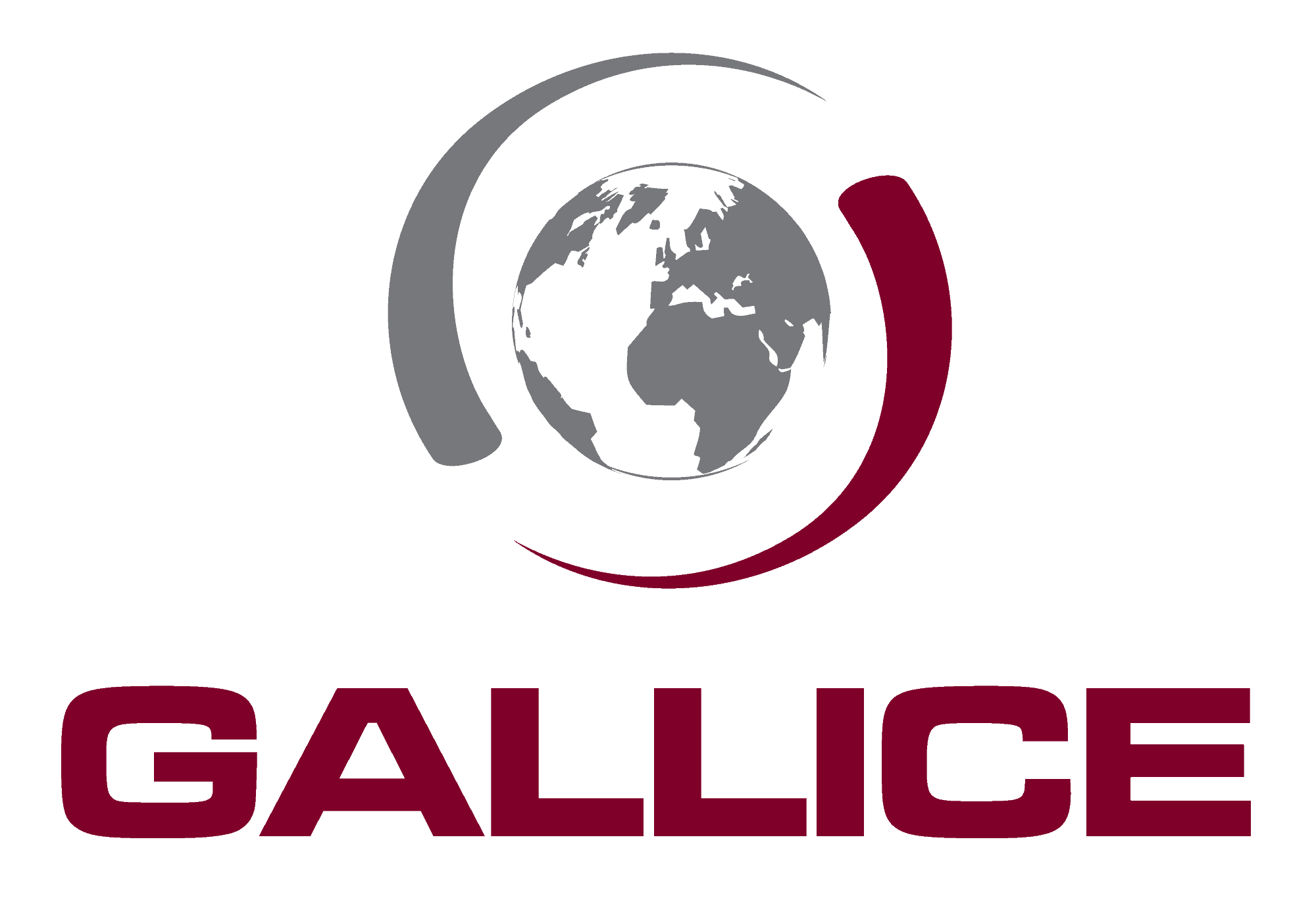CAMEROON
In 2025, Cameroon continues to face a gradual deterioration of its security situation, impacted by regional conflicts, poorly managed internal tensions, and a weakened governance structure under the ageing regime of President Paul Biya, in power for over 40 years.
The threats are multiple and geographically spread.
In the Far North, the jihadist threat remains acute. Boko Haram and its splinter group (ISWAP) still conduct regular attacks, especially in the Mayo-Sava, Logone-et-Chari, and Mayo-Tsanaga areas. Kidnappings, village raids, and bombings are frequent.
In the West and Northwest, the Anglophone conflict remains active. Armed separatists demanding independence for "Ambazonia" carry out guerrilla operations against government forces and frequently kidnap civilians, including teachers, local officials, and Western nationals. Fighting is particularly intense in Bamenda, Buea, and Kumbo.
In the East, armed incursions and trafficking from the Central African Republic (CAR) destabilise the border regions. Armed criminal groups have been frequently reported, especially in the Garoua-Boulaï and Bertoua areas.
Cameroon’s coast and the Gulf of Guinea are exposed to maritime piracy, with sporadic attacks on commercial vessels and hostage-taking in Cameroonian territorial waters, particularly near Douala and the Bakassi peninsula.
The capital, Yaoundé, and the economic capital, Douala, remain under government control but have seen a notable increase in urban crime: armed robberies, assaults, burglaries, and scams, often targeting expatriates.
Politically, the inertia of Paul Biya’s regime, now in his 90s, fuels uncertainty regarding presidential succession. Behind-the-scenes power struggles within the security and political apparatus heighten the risks of instability. Protests are sporadically and harshly repressed, and freedom of expression remains limited.
Endemic corruption, intercommunal tensions, and economic hardship further aggravate public frustration, especially in major cities. Inflation and fuel shortages triggered several strikes in 2024.
As a result, it is strongly advised to avoid all border areas, the Far North, Anglophone regions, and unsecured maritime zones. Travel should be conducted only with experienced local support, avoiding night transport and implementing robust security measures.
